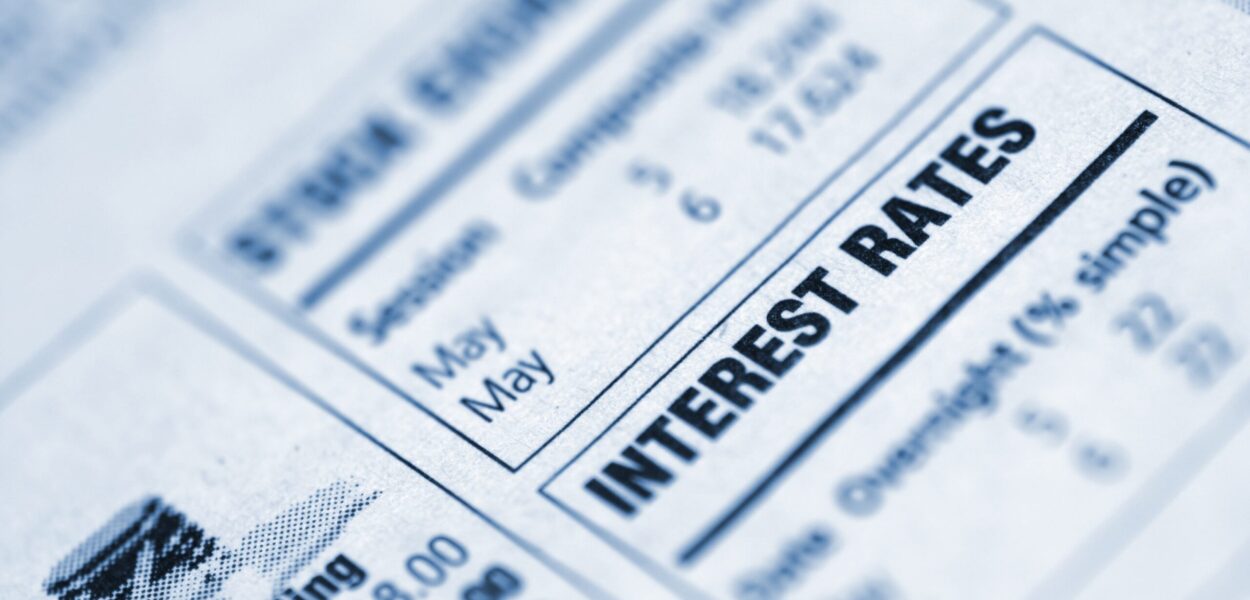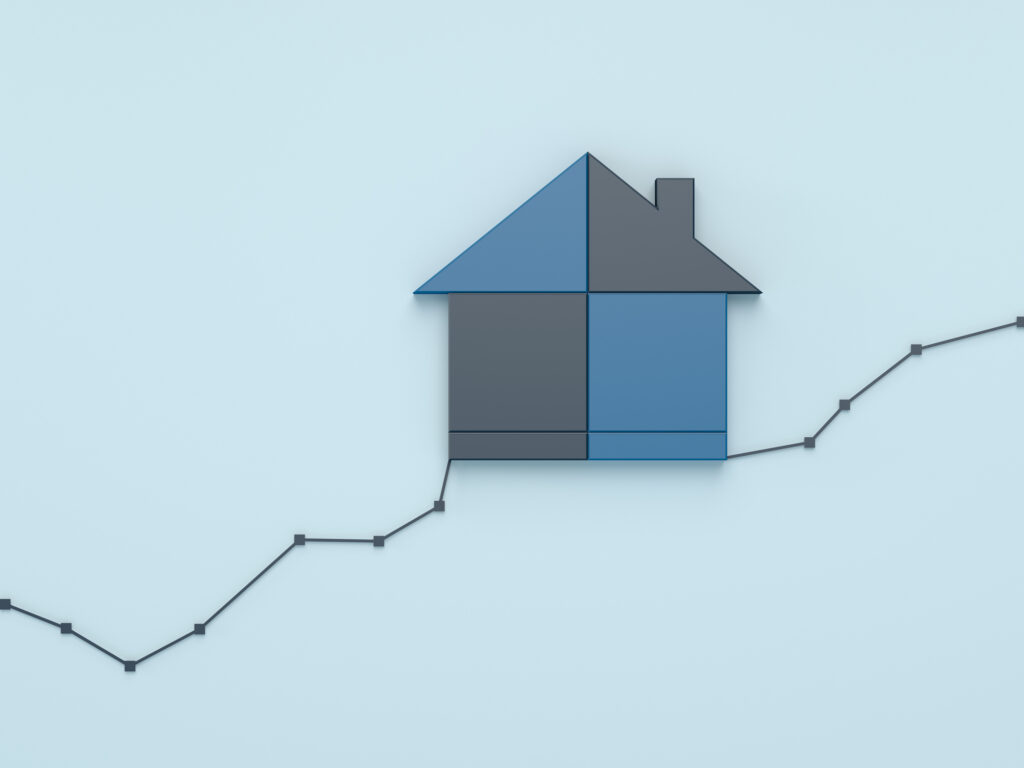How Interest Rate Decisions Impact You

You may have heard news headlines like “The Fed Raises Rates Again” or “Markets React to Federal Reserve Decision.” But what exactly does that mean for you as a saver, a borrower, or simply someone trying to make smart financial decisions?
At IC Credit Union, we believe in making financial news easy to understand and relevant to your daily life. So, let’s break it down: what the Federal Reserve (or “the Fed”) does, how its decisions affect your money, and why credit unions like ours remain a reliable partner in any interest rate environment.
First Things First: What Is the Fed?
The Federal Reserve, or “the Fed, is the central bank of the United States. Its job is to help keep the U.S. economy stable and healthy. It does that in part by adjusting the federal funds rate, which is the interest rate at which banks lend money to each other overnight.
- When the Fed raises rates, it’s usually trying to slow inflation or cool down an overheated economy.
- When the Fed lowers rates, it tries to stimulate economic growth and make borrowing more affordable.
These decisions don’t just affect Wall Street, they eventually trickle down to your world, influencing how much you earn from savings and how much you pay on loans.
How Fed Rate Changes Affect You
When the Fed adjusts interest rates, the ripple effect eventually reaches credit unions, banks, and other financial institutions. Here’s what that might look like for you:
Loans & Credit Cards
Higher Fed rates generally mean:
- Higher interest on credit cards
- More expensive auto loans and personal loans
- Increased mortgage and home equity rates
This makes borrowing more costly, so it’s smart to shop around and lock in lower rates when possible.
Mortgages
Mortgage rates often rise and fall with the Fed’s actions. If you’re looking to buy a home or refinance, changes in the rate environment can significantly impact your monthly payment. Even a small increase in interest rates can add up over time.
Savings Accounts, CDs, and Money Markets
The good news: Higher Fed rates can mean better returns for savers. Interest earned on savings accounts, certificates (CDs), and money market accounts usually rises when the Fed increases rates—though how quickly that happens can vary by institution.
What You Can Do When the Fed Changes Rates
Before making any payments, carefully review your medical bills to ensure they are correct.
- Review your loans – Are you paying high interest on a credit card or personal loan? Talk to us—we may have a lower-rate solution or balance transfer option.
- Explore savings opportunities – Rising rates make it a great time to build or grow an emergency fund. Check out our Share Certificates or Money Market Accounts for competitive, insured returns.
- Get financial advice – Not sure how Fed rate changes impact your financial goals? We’re here to help you create a strategy that works—whether rates are rising or falling.
In Summary
The Fed’s decisions can seem distant, but they have a very real impact on your financial life. Understanding how interest rate changes affect borrowing and saving can help you make smarter decisions and avoid unnecessary stress.
And here’s the most important part: You don’t have to figure this out alone. At IC Credit Union, we’re here to guide you through every economic shift with reliable advice, flexible options, and a commitment to putting your financial well-being first.
Let’s talk about your rate strategy.
Whether you’re managing debt, planning a big purchase, or looking to make the most of your savings, our team is here for you. Stop by, give us a call, or schedule a no-pressure consultation today.
